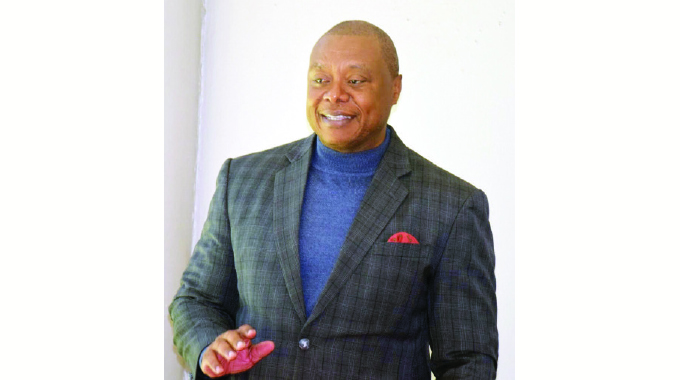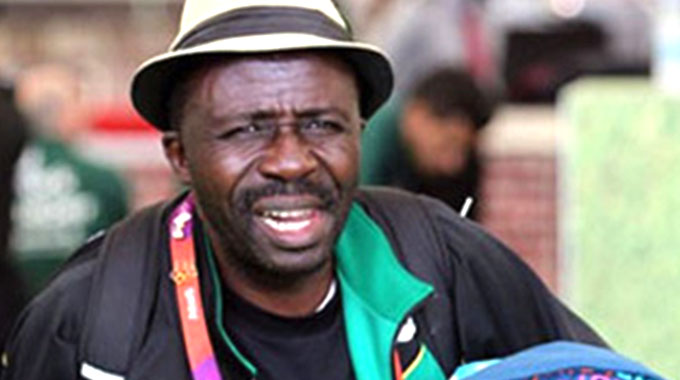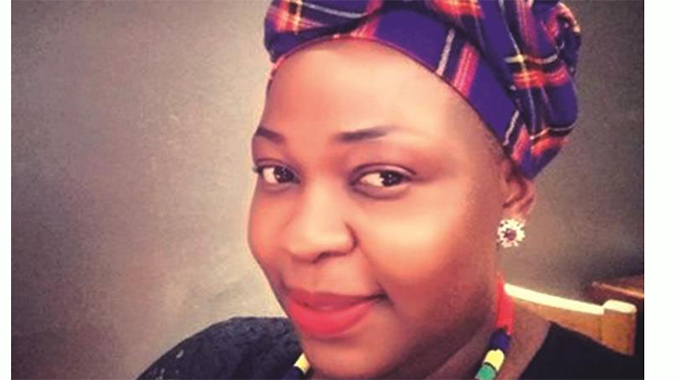Zimpapers CEO gives arts reporters nuggets of wisdom

Arts Reporter
ZIMPAPERS Group CEO, Pikirayi Deketeke, has empowered arts reporters with knowledge to do better and bring value in their reporting.
He believes lack of depth has killed the appeal of arts reportage as the current crop of arts journalists prefer to write about easy stuff like music.
Deketeke, who began his career as an arts reporter in 1987, believes arts journalists should not undermine their potential.
He opened up during the Arts Reportage, Critical Reviews and Institutional Critiques workshop for journalists held at the National Gallery of Zimbabwe yesterday.
“We tend to focus much on much and leave it there. Art is about who were are, how we express ourselves. It was regarded as a craft.”
Deketeke said it was high time arts journalists, justify their presence in newsrooms by writing critical analysis.
“You must start fighting for space in your newsrooms to have an artistic movement. In our newsrooms I see that there is a deficiency to arts critiques.
“Talk about the things that we see and write about those things,” he said.
Journalist from other media houses hailed Deketeke for his informative speech.
“We were lost and doing it the wrong way. I didn’t know that arts reportage was broad,” said one of the participants during the workshop.
Researcher and award-winning journalist, Nyanzombe Nyamuyupenza, who was among the speakers, said; “Most journalists are afraid to judge the art; we don’t have critical analysis about the art since we are afraid to be wrong.
“You documents these things for posterity, writing about art is not only about describing events.”
Nyanzombe said good interpretation of art works is needed for the appreciation of arts reportage. He also noted that were some many perspectives when making interpreting art works in fine arts.
These ranges from feminist interpretations to comparative, semiotic, Marxist approach, stylistic influences, psychoanalytical, biographical interpretation to internationalist approaches, which can be used to come up with a comprehensive analytical piece.
Meanwhile, NGZ curator, Fadzai Muchemwa, who addressed journalists at the same event, highlighted some of the challenges they were facing to reach out artists operaring in remote areas.
She said they do due diligence before one can be allowed to exhibit their art works.
“We curate for the communities so we need to understand overall concept of the artists looking at the art work,” she said.









Comments